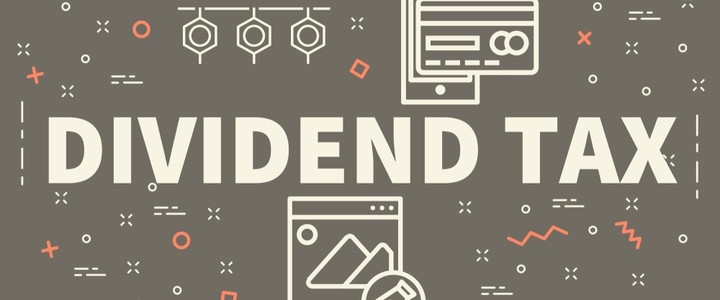
In the Spring Budget 2017, the Chancellor announced that the tax-free Dividend Allowance would reduce from £5,000 to £2,000 in January 2018. Previously, basic rate taxpayers were not required to pay tax on dividends due to 10% ‘notional tax credit’. However, the Dividend Tax Credit was abolished in April 2016 and replaced with the new Dividend Allowance. If you’re a director-shareholder and you receive over £5,000 in dividends, you will be facing a personal tax liability in January, due to the new Dividend Tax.
What does this mean?
At present, all basic taxpayers receiving dividends over £5,000 (the current Dividend Allowance), pay tax at a rate of 7.5% – for higher rate tax, this would be 32.5%, and additional rate taxpayers would pay 38.1%. If you are a director-shareholder of a company and you are taking remuneration as a small salary topped up with dividends, it is likely that you will face a personal tax liability in January 2018.
For example – if your non-dividend income was £40,000 and your dividend income was £9,000, you will be paying £50 more in tax.
The new measures are expected to hit family-run businesses the hardest, where a couple working together may be splitting an income and could find themselves thousands of pounds worse off. If you are worried about how this will affect your business, please speak to one of our team.
What do I need to do?
Basic rate taxpayers who receive more than £5,000 in dividends will need to complete a self-assessment tax return. However, even if you are a higher rate taxpayer, you won’t pay tax on dividend income less than £5,000, as this will be covered by the tax-free allowance.
What doesn’t it affect?
Obviously, the Dividend Allowance does not affect any non-dividend income. If you are an investor with a moderate level of share income, there may only be slight (if any) changes to the tax you owe. Plus, any dividends received by pension funds and ISAs are unaffected by these latest changes. This includes dividend income received through shares in an ISA, which will stay tax-free. For further clarification, please refer to the HRMC Dividend Allowance Factsheet, which has a range of helpful examples and scenarios.
What can I do to prepare for tax liabilities?
If you are worried about your tax liabilities, firstly, speak to your accountant. Then, look at ways you can save and prepare for any tax spend. As we have mentioned above, ISAs are not affected by the new dividend tax. So, it might be time to review how you currently save and invest your business income. Depending on your level of risk and size of wealth, there are various savings and investment strategies you could consider. Speak to a professional financial planner, who will review your situation and can offer advice aligned with both your personal and business objectives.
If you’re a shareholder and you’re concerned about financial planning for your tax liabilities, please get in touch to speak to one of our team. We would be more than happy to advise you on ways you can save to sustain and grow a successful business.

